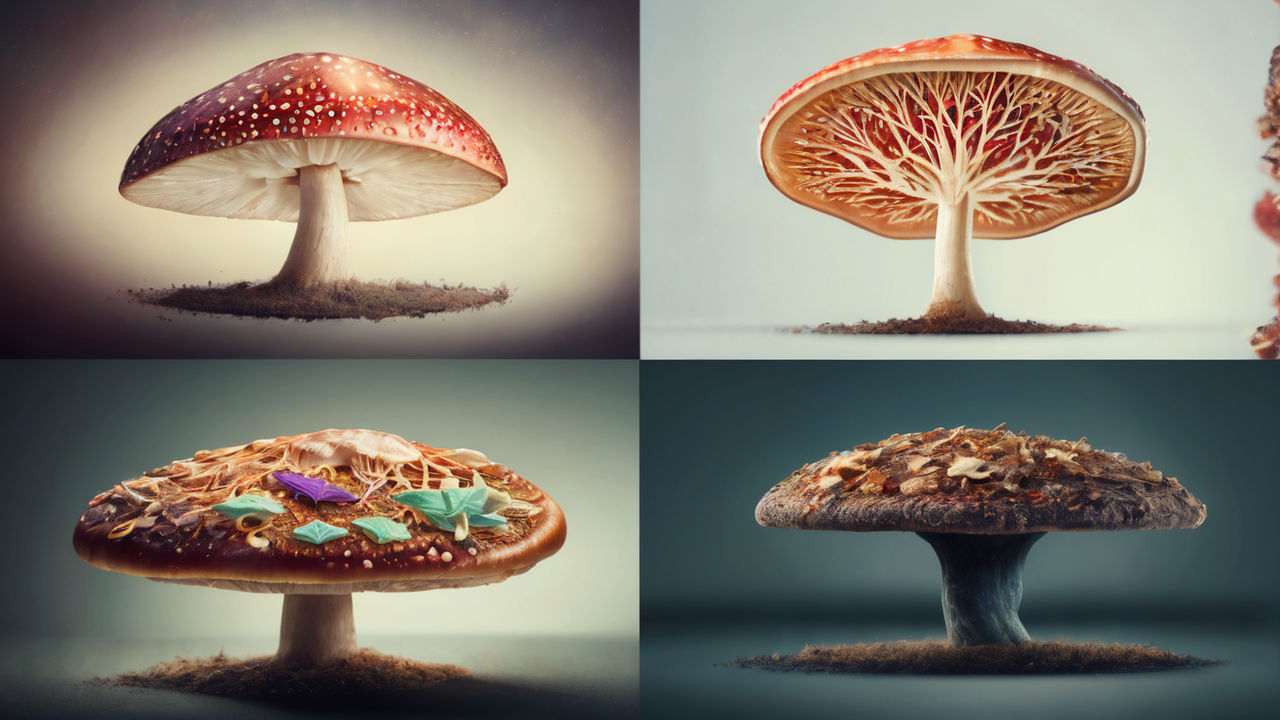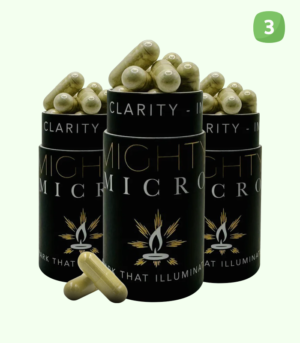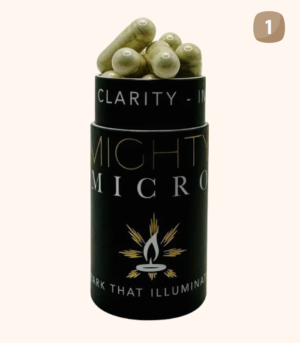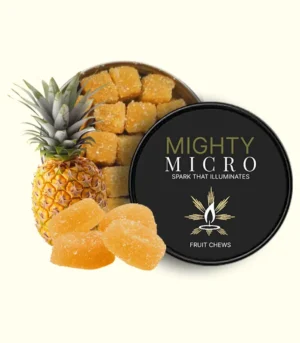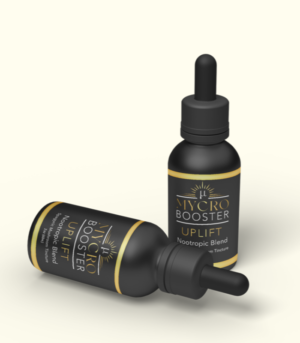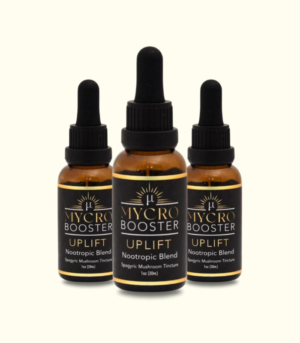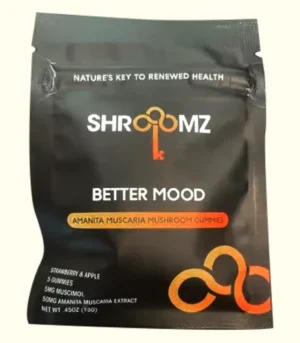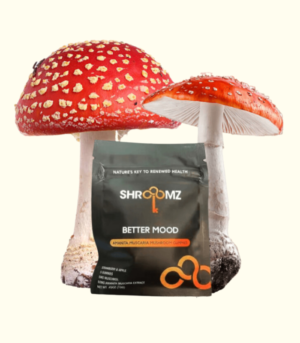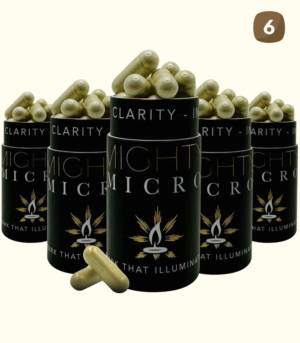Micro-dosing psilocybin, the active compound in magic mushrooms, has been gaining attention for its potential benefits in mental health. One area of interest is the potential role of Psilocybin for Eating Disorders through micro-dosing. This article explores the current understanding of micro-dosing psilocybin’s potential in this context and the need for further research.
What Are Eating Disorders?
Eating disorders are complex mental health conditions characterized by abnormal or disturbed eating habits, often driven by an obsession with food, body weight, or body shape. Common types of eating disorders include:
- Anorexia Nervosa: Characterized by an intense fear of gaining weight and a distorted body image, leading to severe food restriction and weight loss.
- Bulimia Nervosa: Involves cycles of binge eating followed by purging behaviors such as vomiting or excessive exercise to prevent weight gain.
- Binge Eating Disorder: Marked by recurrent episodes of eating large quantities of food, often quickly and to the point of discomfort, without subsequent purging.
How Are Eating Disorders Typically Treated?
- Psychotherapy
- Cognitive Behavioral Therapy (CBT): Helps patients identify and change negative thought patterns and behaviors related to food, body image, and self-worth.
- Family-Based Therapy (FBT): Involves family members in the treatment process, particularly in cases of adolescent eating disorders.
- Nutritional Counseling
- Educates patients on healthy eating habits and helps them establish a balanced relationship with food.
- Medication
- Antidepressants: Often prescribed to treat underlying conditions such as depression or anxiety, which can co-occur with eating disorders.
- Antipsychotic Medications: Sometimes used in severe cases, particularly with anorexia nervosa, to address distorted thinking and anxiety.
- Medical Monitoring
- Regular health check-ups to monitor the patient’s physical health, especially in severe cases where there may be malnutrition or other health complications.
- Hospitalization or Inpatient Care
- For severe cases where there is a risk of serious health complications, patients may require hospitalization for intensive care and monitoring.
How Does Psilocybin Affect Mental Health?
Psilocybin affects mental health by interacting with serotonin receptors in the brain, particularly the 5-HT2A receptor.
- Serotonin Receptor Interaction: Psilocybin primarily affects the brain’s 5-HT2A serotonin receptors, altering mood and perception.
- Mood Enhancement: It can elevate mood, potentially reducing symptoms of depression and anxiety.
- Increased Emotional Processing: Psilocybin facilitates deeper emotional introspection, helping individuals confront and process difficult emotions.
- Mental Flexibility: The compound promotes cognitive flexibility, which can reduce rigid thought patterns associated with mental health disorders like depression.
- Potential for Treating PTSD: Some studies suggest psilocybin may help individuals with PTSD by enabling them to process traumatic memories in a less distressing way.
- Promotes Introspection: Psilocybin encourages self-reflection, which can lead to greater self-awareness and emotional healing.
- Risk of Distress: Despite its potential benefits, psilocybin can cause distressing experiences, particularly in uncontrolled settings, and requires careful administration.
- Ongoing Research: The therapeutic potential of psilocybin is still being explored, and its effects on mental health are not fully understood.
Buy Magic Mushroom Online
Can Micro-Dosing Psilocybin Help in the Treatment of Eating Disorders?
Micro-dosing psilocybin may offer potential benefits in the treatment of eating disorder, though research in this area is still emerging. Here’s how it could help:
- Reducing Negative Thought Patterns: Micro-dosing may help individuals with eating disorders by reducing self-criticism and negative thoughts related to body image.
- Enhancing Emotional Regulation: Psilocybin’s impact on serotonin receptors can improve emotional regulation, helping individuals manage stress and anxiety associated with eating disorder.
- Increasing Self-Awareness and Compassion: The introspective effects of psilocybin might encourage a more compassionate and understanding relationship with oneself, which is crucial for recovery.
- Breaking Rigid Behavioral Patterns: Micro-dosing could promote mental flexibility, aiding in breaking the rigid and compulsive behaviors often seen in eating disorders.
- Potential Risks: While there is potential, it’s important to note that more research is needed, and the use of psilocybin in treating eating disorders should be approached with caution due to the complexity of these conditions.
What Are the Future Research Directions and Challenges for Using Psilocybin in Treating Eating Disorders?
More research is needed to understand the full potential of micro-dosing psilocybin for treating eating disorder. Future studies should consider the unique challenges and complexities of eating disorders, including the potential risks associated with psychedelic use in this population. Additionally, further exploration of the mechanisms by which psilocybin may help treat eating disorders is necessary.
The potential role of micro-dosing psilocybin in the treatment of eating disorder is an intriguing area of research, with early findings suggesting possible benefits in addressing the underlying emotional and cognitive factors. Further research is needed to better understand the potential benefits and risks of using psilocybin as a treatment for eating disorders.

